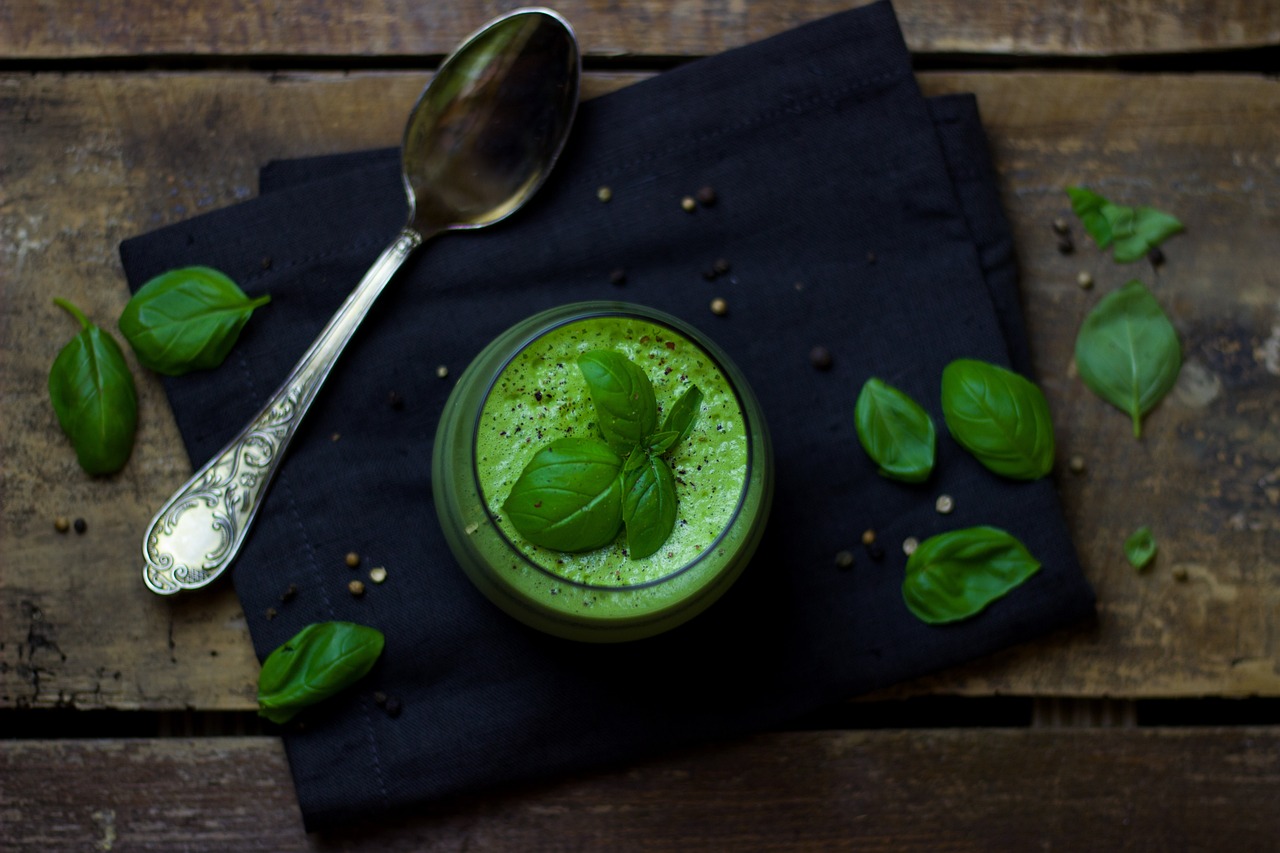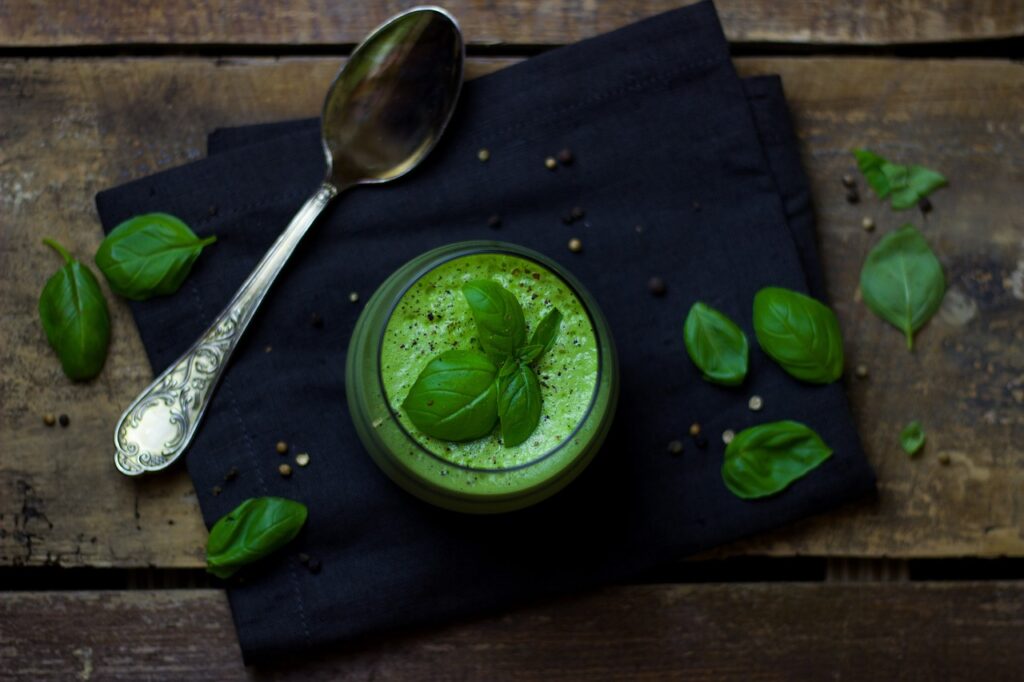
The Health Benefits Of A Plant-Based Diet
Are you looking for a way to improve your overall health and well-being? Look no further than a plant-based diet. By focusing on fruits, vegetables, whole grains, and plant-based proteins, you can reap a multitude of benefits for your body and mind.
Not only can a plant-based diet help with weight management, but it can also reduce your risk of chronic diseases such as heart disease, diabetes, and certain types of cancer. Plus, you’ll experience better gut health and a boosted immune system.
If you’re interested in transitioning to a plant-based lifestyle, there are some tips and tricks that can help you make the switch seamlessly. Get ready to feel your best self with the health benefits of a plant-based diet.
Improved Weight Management
You’ll be amazed at how easily you can shed those extra pounds and feel confident in your own skin by switching to a plant-based diet. Unlike a meat-based diet, plant-based diets are rich in healthy fats that promote satiety. This means you’ll feel fuller for longer periods of time and be less likely to overeat or snack on unhealthy foods.
In addition, plant-based diets often include foods that promote satiety, such as whole grains, legumes, and fruits and vegetables high in fiber. These foods help regulate blood sugar levels and keep you feeling satisfied between meals. By incorporating more of these satiety-promoting foods into your diet, you’ll naturally reduce your calorie intake without feeling hungry or deprived.
So, if you’re looking to shed some extra pounds, a plant-based diet is a great place to start.
Reduced Risk of Chronic Diseases
By eating more fruits, vegetables, and whole grains, you can lower your chances of developing chronic illnesses like heart disease, diabetes, and cancer. This is because plant-based diets are rich in nutrients, fiber, and antioxidants that help prevent such diseases.
For instance, a diet high in fruits and vegetables has been linked with a lower risk of heart disease, while a diet rich in whole grains has been shown to lower the risk of diabetes. In addition to providing prevention strategies, scientific evidence also supports the health benefits of a plant-based diet.
For example, a study published in the Journal of the American Medical Association found that a plant-based diet can reduce the risk of type 2 diabetes by up to 34%. Another study published in the Journal of Nutrition found that a vegetarian diet can lower the risk of developing colon cancer by 22%.
Therefore, by incorporating more plant-based foods into your diet, you can reduce your risk of chronic diseases and improve your overall health.

Better Gut Health
Improve your digestion and feel better overall with a plant-based diet rich in fiber, probiotics, and fermented foods. Plant-based protein sources like beans, lentils, and tofu are high in fiber, which helps promote regular bowel movements and prevent constipation. Fiber also acts as a prebiotic, feeding the good bacteria in your gut and promoting a healthy microbiome.
This, in turn, can reduce inflammation in your body and lower your risk of chronic diseases. In addition to fiber, fermented foods like sauerkraut, kimchi, and kefir provide beneficial probiotics that can improve your gut health. Probiotics are live microorganisms that can boost your immune system and support healthy digestion.
Fermentation also enhances the nutrient content of foods, making them easier for your body to absorb and utilize. So, if you want to improve your gut health and overall well-being, consider incorporating more plant-based protein sources and fermented foods into your diet.
Boosted Immune System
Eating a variety of colorful fruits and vegetables, along with regular exercise and adequate sleep, can give your body the tools it needs to fight off illness and keep your immune system strong. A plant-based diet is rich in essential nutrients that help your body function at its best.
Plant-based protein, found in beans, lentils, quinoa, and tofu, can help build and repair tissues, while also providing a source of energy. In addition, fruits and vegetables are packed with vitamins and minerals that are essential for a healthy immune system.
These nutrients help support the production of white blood cells, which play a crucial role in fighting off infections and diseases. Plant-based diets also promote healthy gut bacteria, which are essential for nutrient absorption and overall immune system function.
By incorporating more plant-based foods into your diet, you can boost your immune system and better protect your body against illness.
Tips for Transitioning to a Plant-Based Lifestyle
If you’re looking to switch up your meals and incorporate more plant-based options, it can be helpful to start with familiar dishes and swap out ingredients. For example, if you love spaghetti and meatballs, try swapping out the meatballs for lentil balls or veggie balls. If you’re a fan of tacos, switch out the ground beef for black beans or tofu.
By starting with familiar dishes, you’re more likely to enjoy the transition to a plant-based lifestyle.
Meal planning is also key when transitioning to a plant-based lifestyle. It’s important to make sure you’re getting enough nutrients and variety in your meals.
Take time to research and plan out your meals for the week ahead. This will not only help you stay on track with your plant-based diet, but it will also save you time and money.
There are many recipe ideas and resources available online, so don’t be afraid to experiment and try new things!
Frequently Asked Questions
Are there any potential nutrient deficiencies to watch out for on a plant-based diet?
You should be aware of potential risks of nutrient deficiencies on a plant-based diet. Make sure to get enough protein, iron, calcium, vitamin B12, and omega-3 fatty acids from sources such as legumes, nuts, seeds, fortified foods, and supplements.
Can a plant-based diet be suitable for athletes and those who need to consume a higher amount of protein?
“Looking for high protein sources on a plant-based diet? Meal planning is key for athletes and those with higher protein needs. Incorporate beans, lentils, tofu, and quinoa into your meals for a balanced diet.” ‘Other great sources of plant-based protein include nuts, seeds, tempeh, and edamame.’
How can I ensure I get enough variety in my meals on a plant-based diet?
Want to ensure variety in your plant-based meals? Start by meal planning and utilizing recipe resources. When eating out, look for veggie-friendly options and don’t be afraid to ask for substitutions or modifications.
Is it necessary to take supplements on a plant-based diet?
Do you need supplements on a plant-based diet? It depends on your individual needs and diet. While some supplements can be effective, there are potential risks and they can impact your gut microbiome. Consult a healthcare professional before taking any supplements.
Can a plant-based diet be affordable and accessible for those on a tight budget or living in food deserts?
You may face affordability challenges with a plant-based diet, especially if you live in a food desert. But with creative meal planning, it’s possible to make it work. Focus on budget-friendly staples like beans, rice, and seasonal produce.
Conclusion
Congratulations on taking the first step towards a healthier lifestyle by considering a plant-based diet! By making this choice, you’re giving yourself the opportunity to improve your weight management, reduce your risk of chronic diseases, and boost your immune system.
Additionally, you’re likely to experience better gut health, which can improve your overall wellbeing.
To successfully transition to a plant-based lifestyle, start by incorporating more plant-based foods into your meals gradually. Explore new recipes and experiment with different ways of preparing fruits, vegetables, legumes, and grains.
Don’t be afraid to ask for help or seek guidance from experts or support groups. Remember to listen to your body and enjoy the journey towards a healthier you.
With determination and effort, you can reap the benefits of a plant-based diet and live a happier, healthier life.

Comments (0)